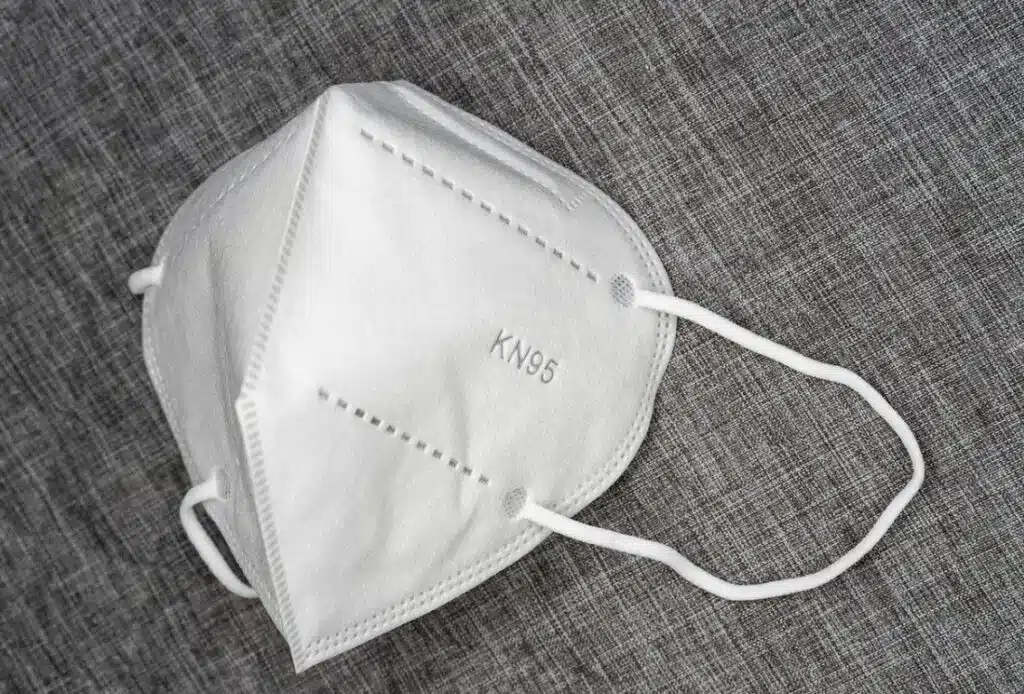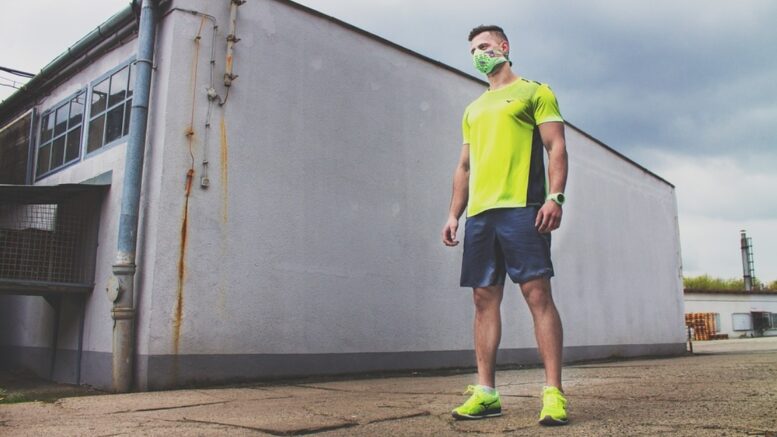Using an anti-pollution mask can significantly reduce the risk of lung-related problems that result from air pollution. However, their efficiency is dependent on several factors. Read through to understand how anti-pollution masks can help fight air pollution.
Over the past few years, the use of air pollution masks by the general population has increased immensely. The primary purpose of these face covering is to reduce the risk of infection through airborne germs and infections. They limit the exposure to infectious particles and various air pollutants present in the air we breath in.
Before the coronavirus pandemic, wearing face masks was limited to occupational settings, such as hospitals. It was relatively uncommon to come across an individual wearing a face mask. However, with the pandemic and the ever-deteriorating quality of air, anti-pollution masks have become widespread. But do these masks work?
Can Your Beat Air Pollution With Face Masks?
Anti-pollution masks are the most commonly used equipment to fight air pollution. However, their effectiveness has always been a topic for discussion.
Most of the standard masks available today are only effective in keeping out particles such as dust and pollen. However, they can’t filter out other gaseous pollutants, such as cigarette smoke and nitrogen dioxide from traffic exhaust. So, the effectiveness of an anti-pollution mask depends on the type.
Some people might argue industrial masks are more effective. However, these are specially designed to meet rigorous standards of the specific work environment. While they may be efficient in dealing with pollutants within the workplace, they are practically useless in other settings. With many types of anti-pollution masks on the market, you need to clearly define how and where you intend to use the mask before purchasing one.
Factors that Affect the Efficiency of an Air Pollution Mask
The Type or Quality of Filter
An anti-pollution mask is designed with several layers of fabric that make more places for pollutants to stick instead of reaching the nose and mouth. The type of filter varies from one mask brand to the other. For that reason, the efficiency of the anti-pollution mask depends on the type and quality of filter used in the particular brand.

The Fit on the Wearer’s Face
Another factor that determines the effectiveness of an anti-pollution mask is how it fits the wearer. A lousy fitting mask leaves gaps at the top, sides and bottom. For instance, if a child wears an adult’s mask, the efficiency will significantly reduce as the spaces can allow pollutants to reach the nose and mouth. To ensure the effectiveness of a mask in keeping away pollutants, ensure you wear an anti-pollutant mask that fits airtight to the skin.
The Characteristics of the Pollutant Particles
Air pollutants differ in many ways, including the size and concentration of particles. Pollutants with larger particles are easier to trap than those with smaller ones. Equally, the efficiency of an anti-pollution mask can be slightly reduced when in use in an environment with a high concentration of pollutants. In conclusion, an anti-pollution mask that works well in a particular environment might not be as efficient in another.
Amount of Respiratory Activity
The amount of respiratory activity also affects the efficiency of an anti-pollution mask. High respiratory activity means the air velocity/flow travelling through the mask is higher. Faster air velocity reduces the efficiency of an anti-pollution mask since it increases the chances of pollutants particles passing through the filters.
Tips for Buying an Anti-Pollution Mask
With many options to pick from, it can be a little challenging to find the right anti-pollution mask. Here are a few things to keep in mind the next time you shop for an air pollution mask.
Define Your Pollutants
The type of pollutants you are dealing with determines the kind of mask you will purchase. There are different types of air pollutants, including industrial emissions, vehicle emissions and burning waste. The right anti-pollution mask for you should, therefore, be able to protect your lungs from the type of pollutants present in your area.
The Right Fit
As we already mentioned, how the masks fit your face significantly affects their efficiency in keeping out pollutants. Luckily, there are anti-pollutant masks with adjustable straps that help you avoid issues such as poor fitting. If you are purchasing an anti-pollution mask for your kids, ensure you specify this at the store to get kid-friendly brands.
Other factors you should consider when purchasing an anti-pollution mask include re-usability, cost and quality.
Conclusion
Using an anti-pollution mask can significantly reduce the risk of lung-related problems resulting from air pollution. However, their efficiency is dependent on several factors, including the fit on the wearer’s face, the respiratory activity, the quality of the filter and the characteristics of the pollutant’s particles. So, it is essential to find the right anti-pollution masks to ensure you are adequately protected.
